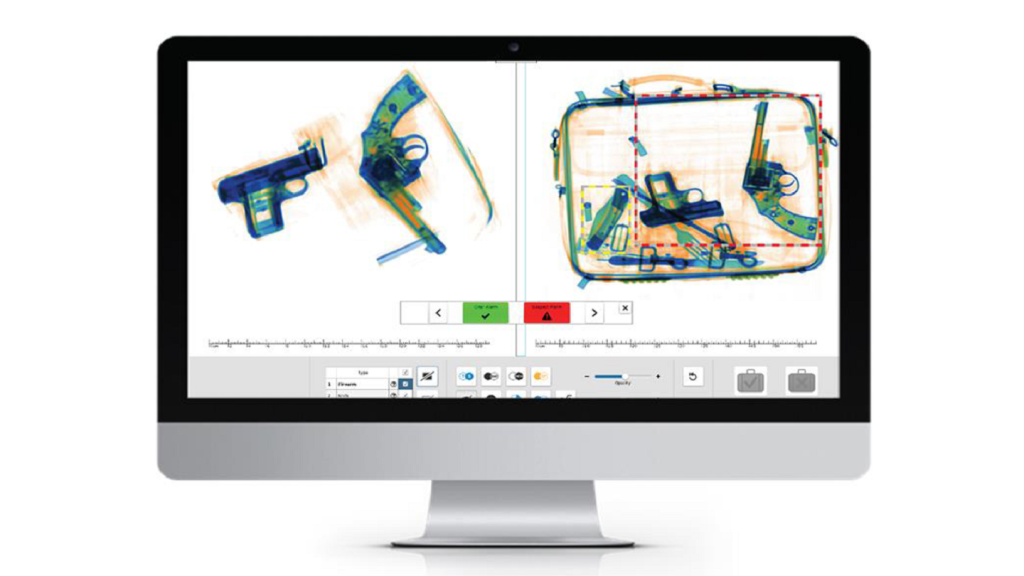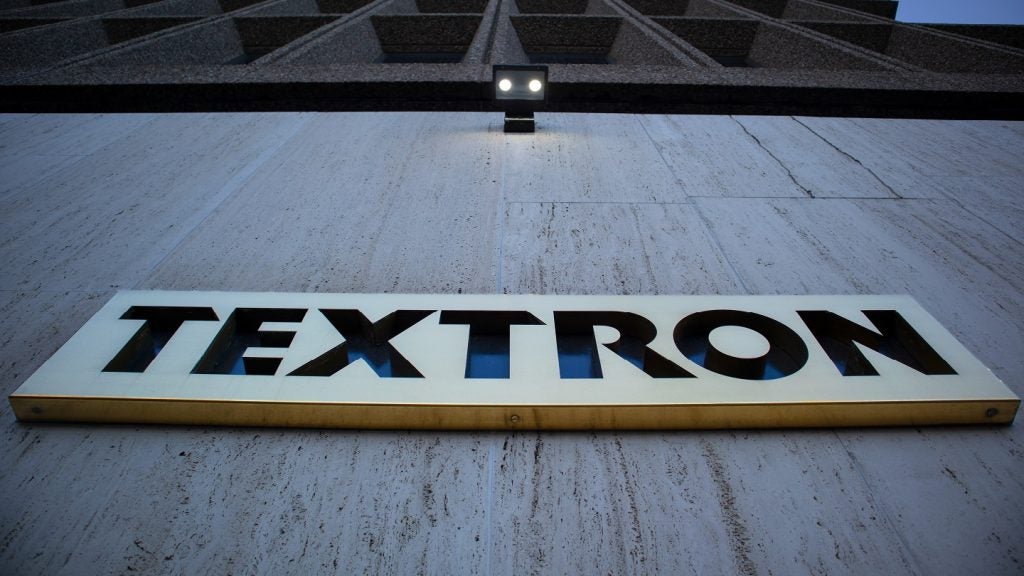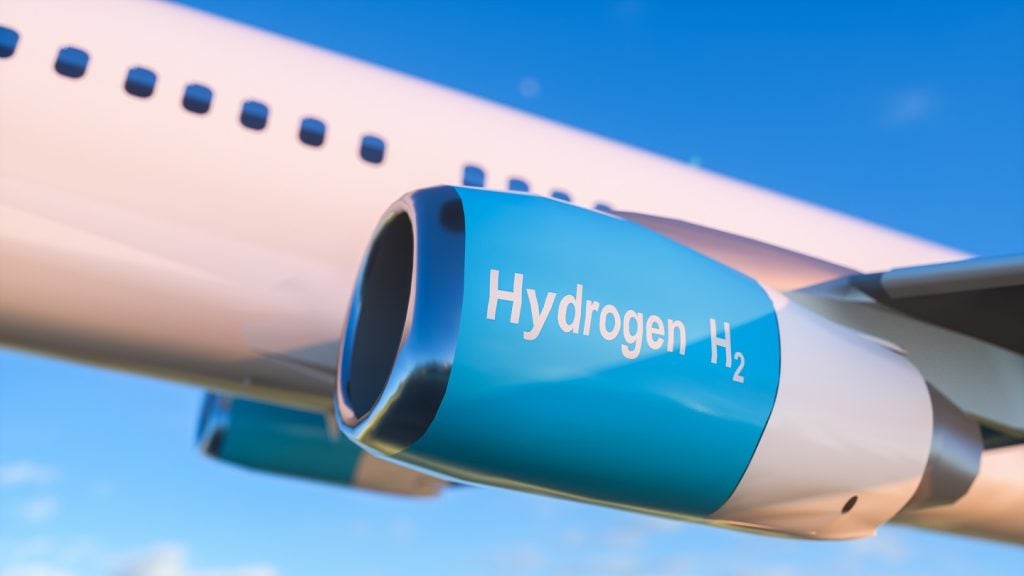
Munich Airport in Germany has received the second-highest level rating for its measures to reduce CO₂ emissions from Airport Council International (ACI Europe).
The airport is now rated at the second-highest level ‘Optimization’ on the measuring scale that has four levels as a part of its Airport Carbon Accreditation (ACA) programme.
The different grades are mapping, reduction, optimisation and neutrality.
The airport has participated in the certification programme since 2009 and has provided comprehensive reports on the progress in reducing the carbon footprint.
In 2009, the airport recorded approximately 3.4kg of emissions per passenger, while in 2018, it was 2.2kg per passenger, marking a reduction of 35%.
Munich Airport CEO and president Jost Lammers said: “We are very pleased with the ACA certification, which shows that we are well on the way to climate neutrality.
How well do you really know your competitors?
Access the most comprehensive Company Profiles on the market, powered by GlobalData. Save hours of research. Gain competitive edge.

Thank you!
Your download email will arrive shortly
Not ready to buy yet? Download a free sample
We are confident about the unique quality of our Company Profiles. However, we want you to make the most beneficial decision for your business, so we offer a free sample that you can download by submitting the below form
By GlobalData“Munich Airport is using a wide range of innovative measures to progressively cut down its CO₂ emissions, thus making our operations as environmentally responsible as possible, while minimising the use of resources. We are pursuing an ambitious climate protection programme with total investments of €150m.”
The airport is following the Greenhouse Gas Protocol (GHG) for documenting airport emissions.
It is expected to be followed by emissions reduction and the implementation of innovative technologies.
By 2030, Munich Airport expects to receive the ‘Neutrality’ certification and obtain net carbon zero status by 2050.
In September 2019, Munich Airport moved up to the fifth place in the rankings of the world’s best-connected airports.
Munich International Airport was at 11th position in the previous edition of Megahubs Index.







